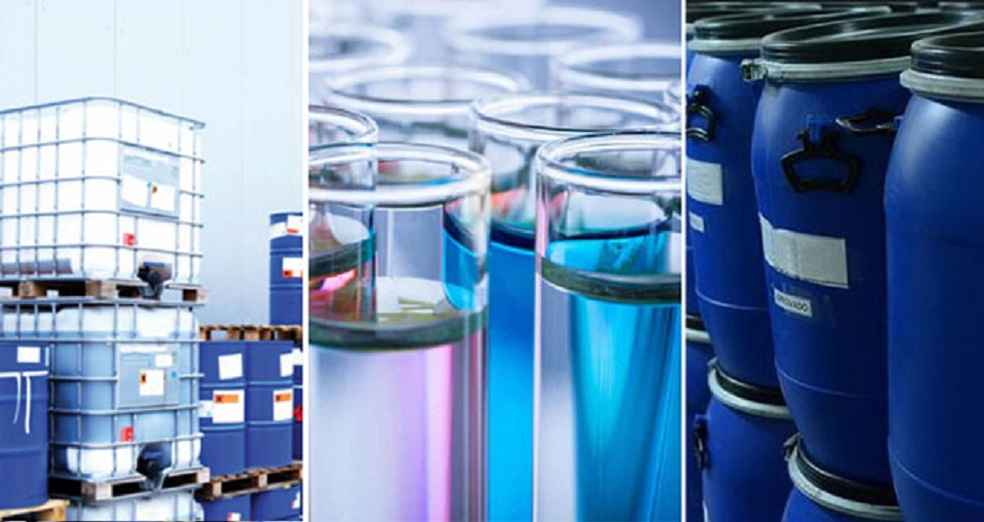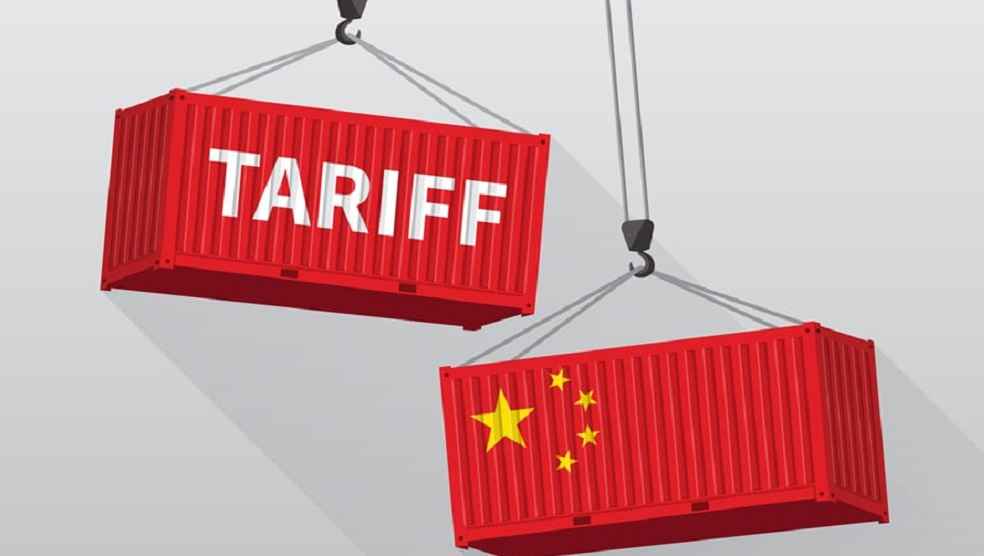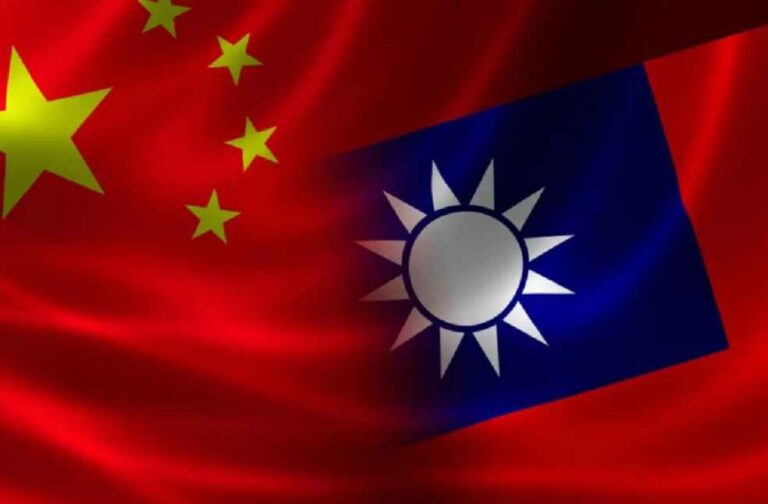China is set to implement tariffs on select Taiwanese chemical imports beginning January 1, 2024, a move announced by the Chinese Ministry of Finance. This proceed indicates a striking shift within the framework of the Cross-Strait Economic Cooperation Framework Agreement (ECFA), established in 2010 to boost trade relations through reduced tariffs.
The upcoming tariffs encompass chemicals like paraxylene, propylene, orthoxylene, butadiene, isoprene, and various olefin polymers, reversing the prior duty-free status under ECFA. This change reportedly stems from Taiwan’s alleged discriminatory treatment against mainland Chinese exports, a claim Taiwan contests, arguing that China’s trade barrier investigations are politically motivated.
Market participants expressed surprise at the announcement, reflecting persistent tensions between China and Taiwan. Despite initial concerns, a Taiwanese source suggests the impact on trade flows might be minimal, citing a downward trend in ECFA benefits. This is supported by a 37% reduction in tariff savings in early 2023 compared to the previous year, according to Taiwanese data.

A significant alteration involves the tariff on paraxylene (PX) imports from Taiwan, increasing from 0% to 2%. This adjustment will impact Taiwanese PX and purified terephthalic acid producers, with one Taiwanese producer indicating a 2% profit reduction. The effect is expected to significantly influence Formosa, a major industry player with substantial operations in China. Nonetheless, the impact on other Chinese PX buyers is predicted to be minor, as Taiwanese PX primarily supplies Formosa’s facilities.
Trade statistics show a decline in PX imports from Taiwan to China in 2023, indicating a shift in market dynamics. Similarly, other xylenes like orthoxylene have experienced tariff hikes, but their impact is deemed insignificant due to dwindling Chinese import demand in recent years.
The article also discusses copolymer grade polypropylene (PP) trade, where Taiwan, as a key exporter to China, will face a tariff increase from duty-free to 6.5%. Market sources anticipate stable overall PP trade flows, with Taiwanese sellers expected to adjust prices to remain competitive, considering Taiwan’s logistical benefits and Chinese customers’ preference for Taiwanese products.

Contrastingly, the butadiene market is likely to experience minimal impact from this move, given the small volume of China’s butadiene imports from Taiwan.
This adjustment in China’s tariff policy toward Taiwanese chemical products is a significant development in the regional trade arena, with potential wider implications for the global chemical industry. It highlights the intricate interaction of economic and political factors in cross-strait relations and the dynamic nature of international trade.
IMEX SECTOR | EU and US Extend Trade Truce for Sustainable Steel, Aluminum Cooperation



